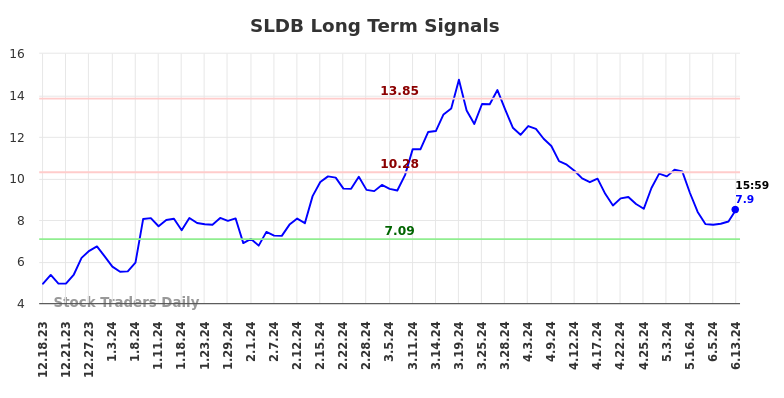
Safety tips for sun exposure in summer: Video
Summer is here, so let’s talk about sunburn. A good sunscreen is important, but that’s not all you need to protect yourself from UV rays and sun damage.
Summer is a time to have fun in the sun, but don’t forget the importance of protecting yourself from harmful UV rays this summer.
What is the rule of thumb for sunscreen? How long should you stay outdoors and is the sun protection factor really important?
Here’s everything you need to know to keep your skin safe and healthy this summer.
More: Heatwave safety tips: What you should know about dehydration, heat stroke and more
What damage does the sun do to the skin?
When you go to the beach, you’ll most likely see lots of people lying on the sand trying to get a summer tan.
However, exposure to the sun and its rays can cause premature skin aging and burns and also increases the risk of skin cancer such as melanoma.
This is because sunlight can damage healthy cells when it comes into contact with the skin, according to the American Academy of Dermatology. This contact can cause aging and sun spots such as freckles.
According to Dr. Robin Levin, a dermatologist at South Jersey Skin Care & Laser Center, the sun’s UV rays can damage far more than just the appearance of your skin.
Sun exposure can cause skin cancers such as basal cell carcinoma, squamous cell carcinoma and melanoma.
It can also cause eye damage such as cataracts and weaken your immune system, making it harder for your skin to protect itself from infections.
This is why it is so important that your summer essentials include sun protection.
What is a good SPF for sunscreen?
The National Council on Skin Cancer Prevention recommends sunscreen with an SPF of 30 or higher in combination with other protection methods.
When selecting and applying sunscreen, it is important to use a broad-spectrum, waterproof product and to apply the product at least 15 minutes before going outdoors.
Also remember to reapply sunscreen after swimming or sweating, or every two hours. Levin recommends a “shot glass full” amount of sunscreen every two hours.
More: In these stories you will find tips and tricks to keep a cool head during the summer heat
Do all skin types need SPF?
The idea that people with different skin types or different ethnicities do not need to use sunscreen is not true, Levin said.
Although darker skin tones contain more melanin and thus offer some natural protection against UV rays, this does not eliminate the risk of skin damage, sunburn or cancer, says Levin.
What you can use in addition to sunscreen
If you want to protect your skin from the sun, you should not limit yourself to the sun protection factor alone.
Consider protective clothing such as long-sleeved clothing, wide-brimmed hats and sunglasses.
Levin advises people to seek shade during the sun’s strongest hours (10 a.m. to 4 p.m.) this summer and to avoid tanning beds, as these are also associated with a significant risk of skin cancer.
Kaitlyn McCormick writes for the Courier-Post, The Daily Journal and Burlington County Times, covering current affairs and local news from across South Jersey. If you have a story you want her to cover, email her at [email protected]. And subscribe to stay on top of the news you need.




